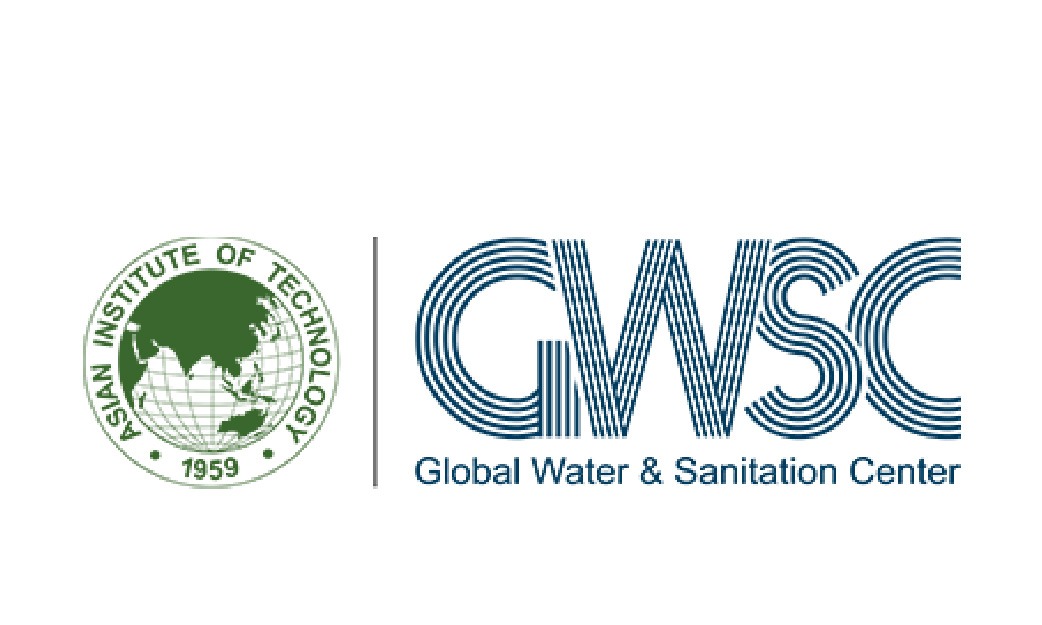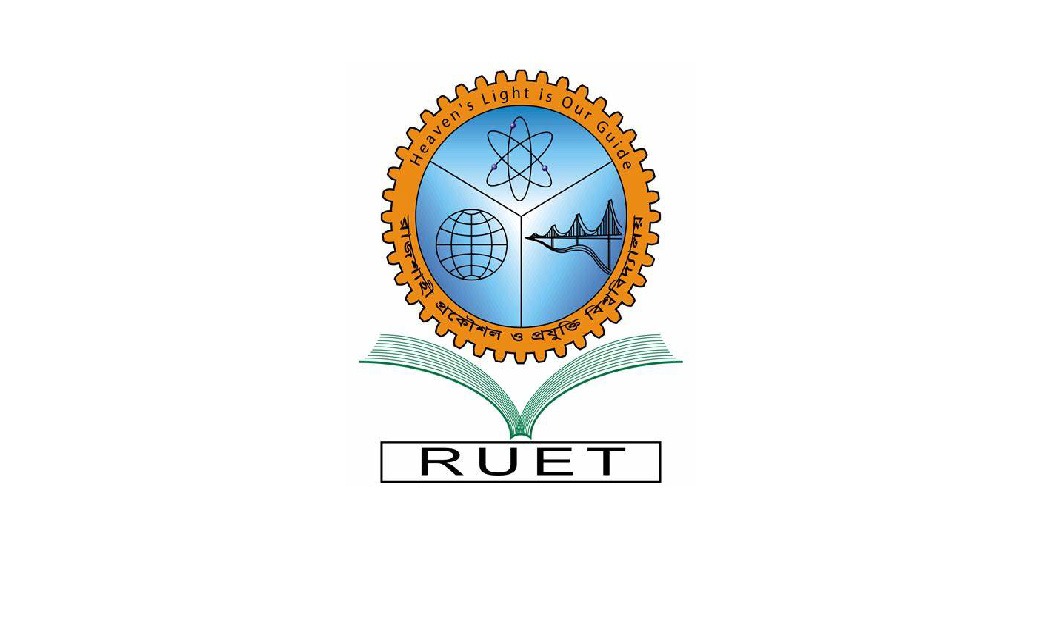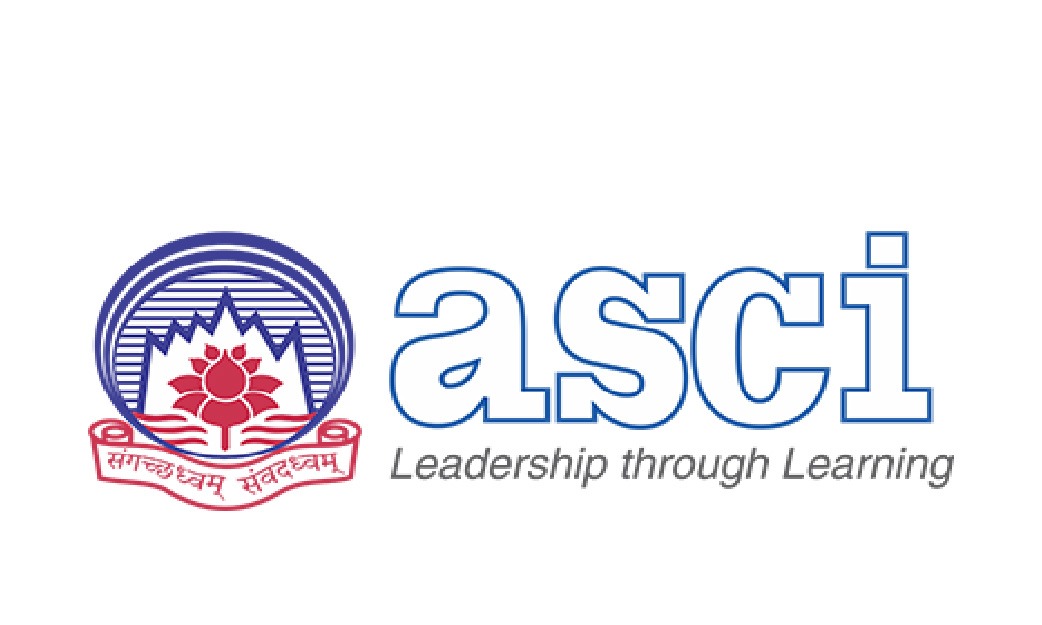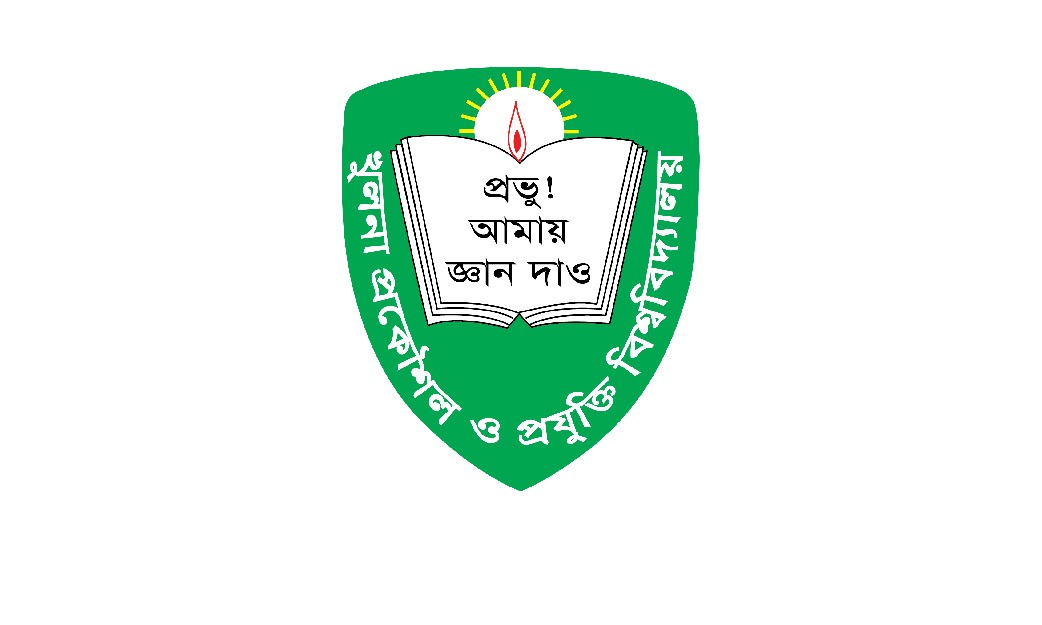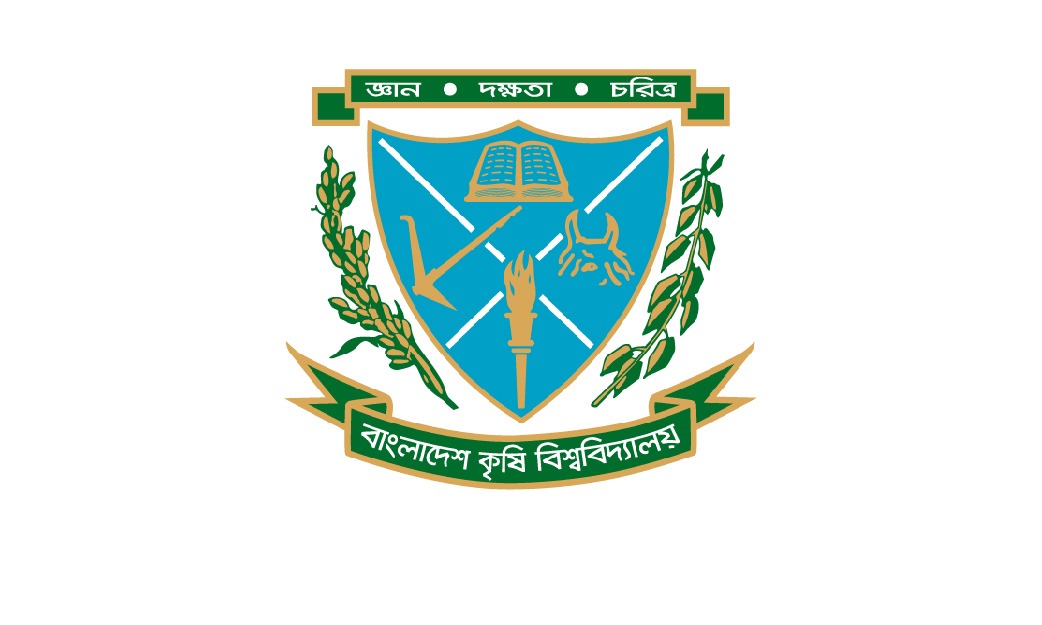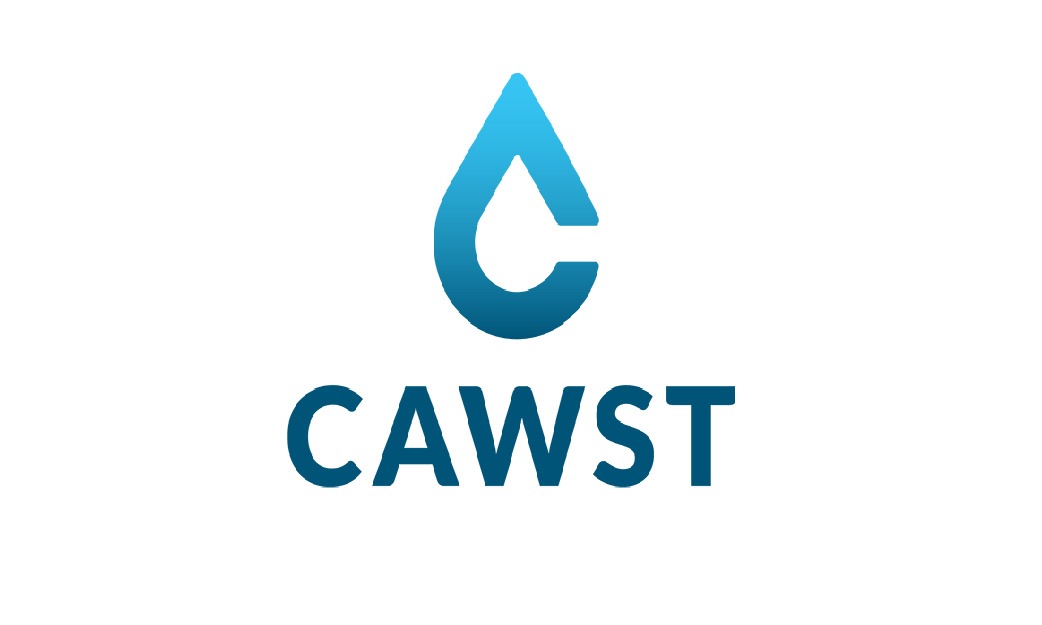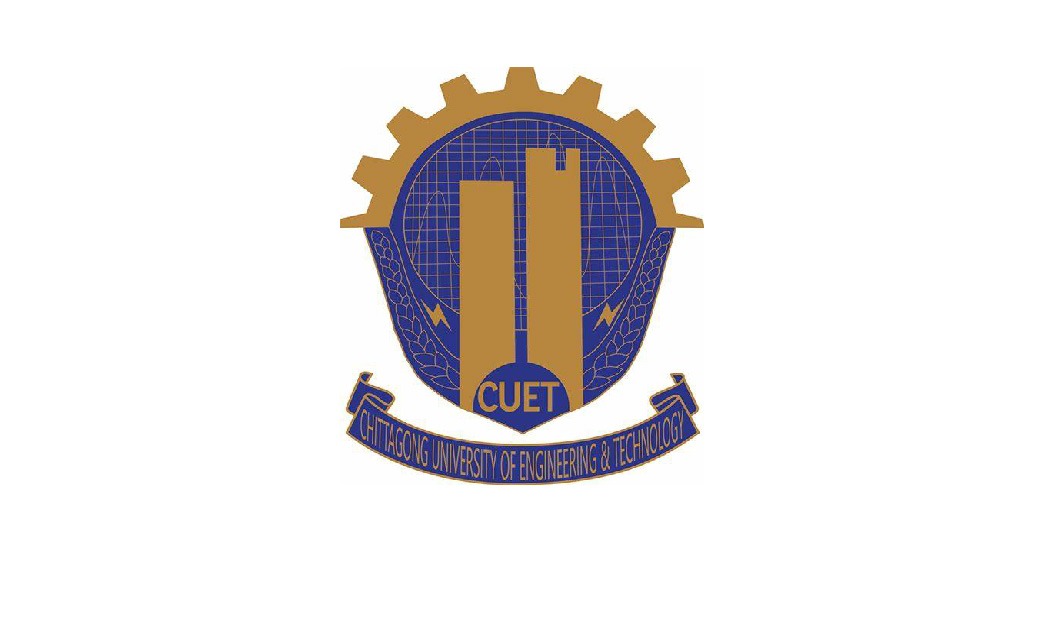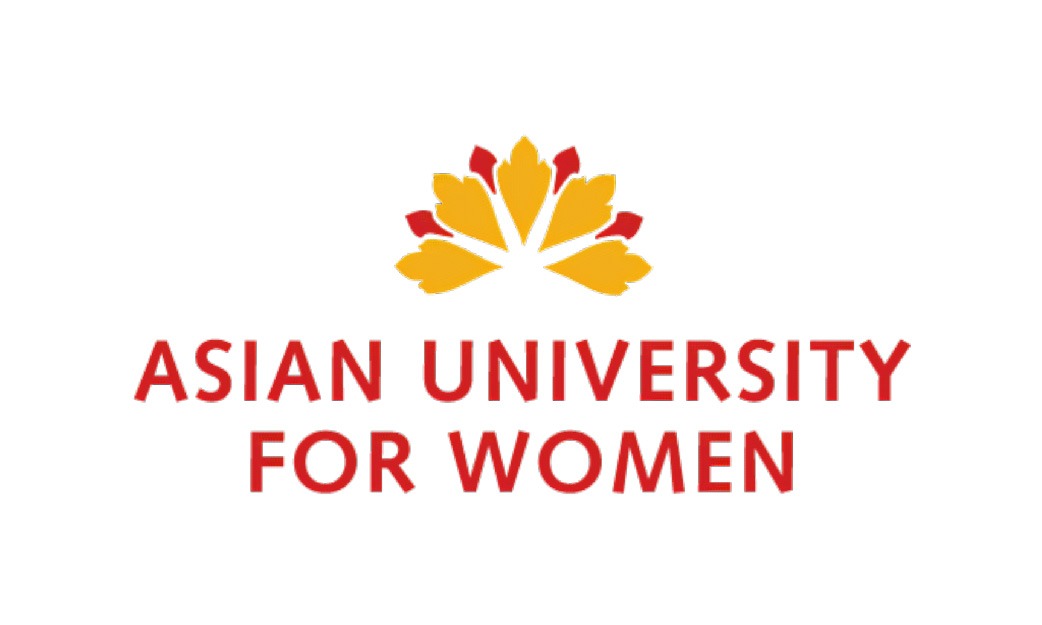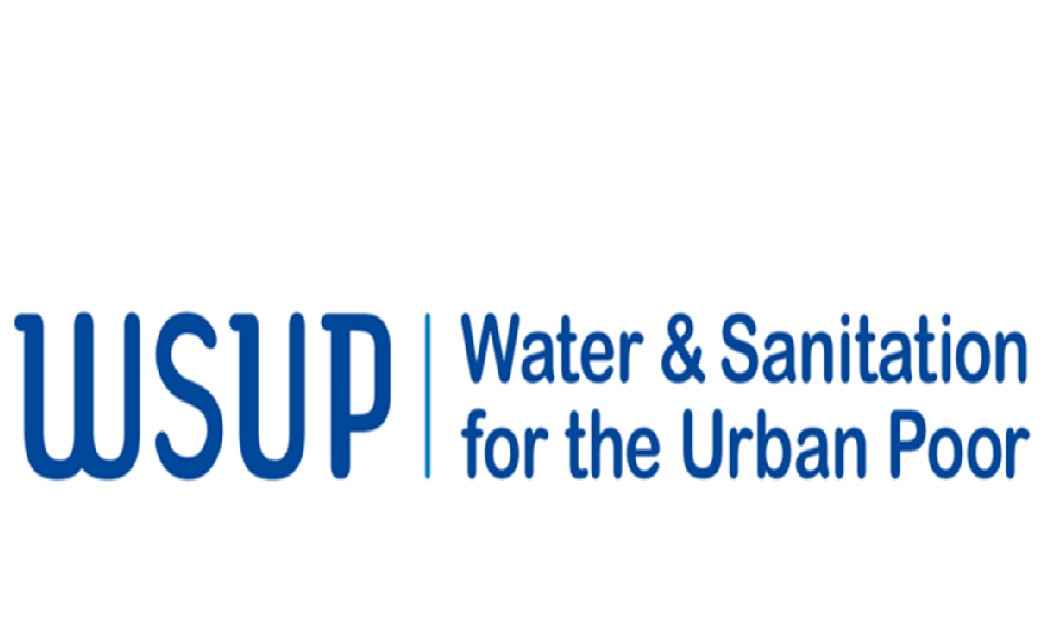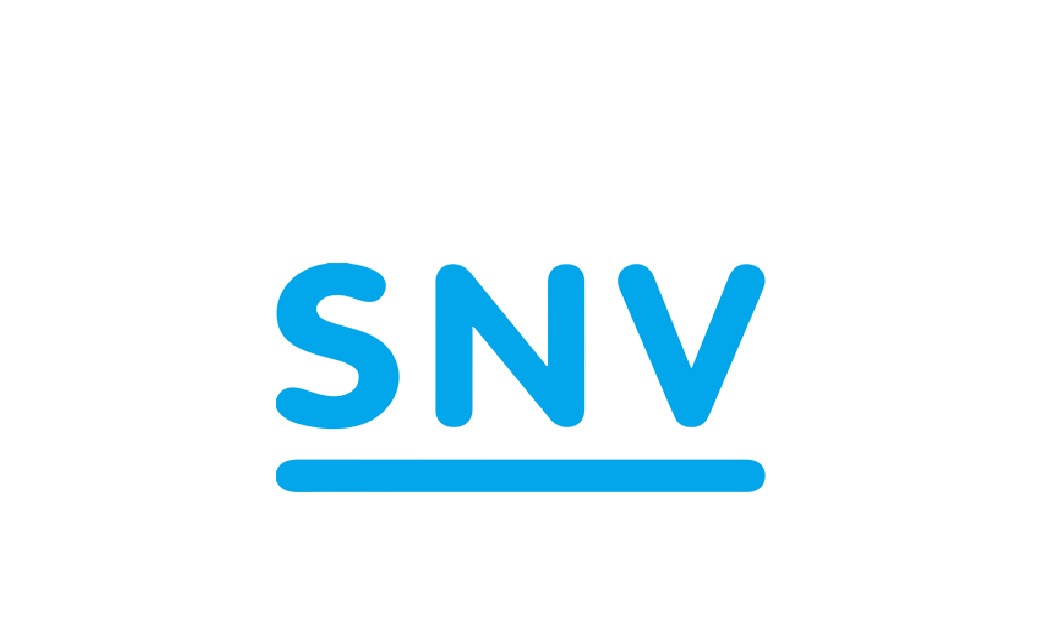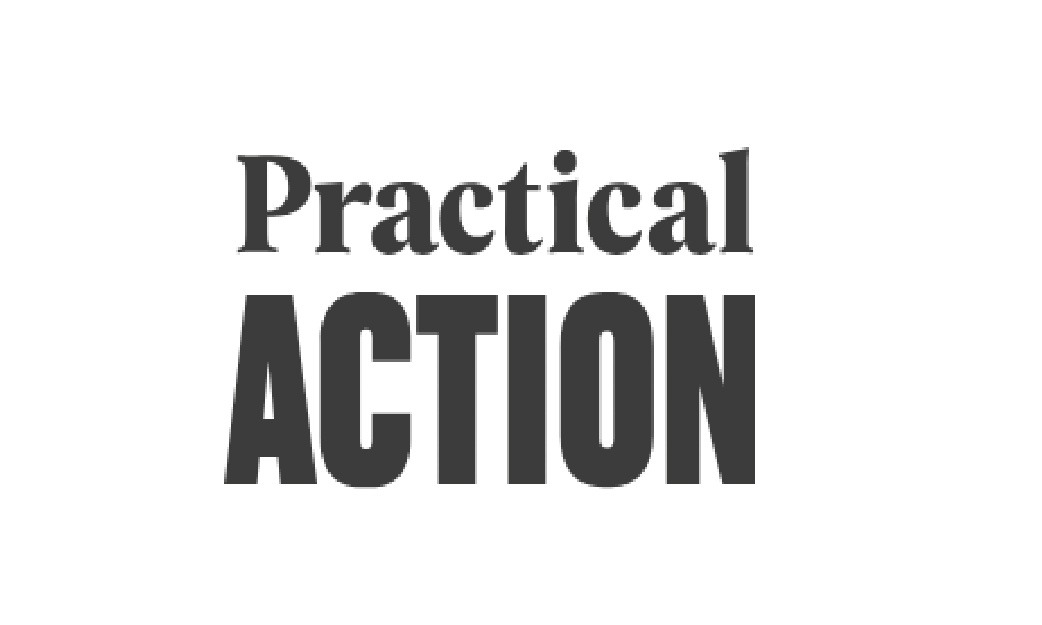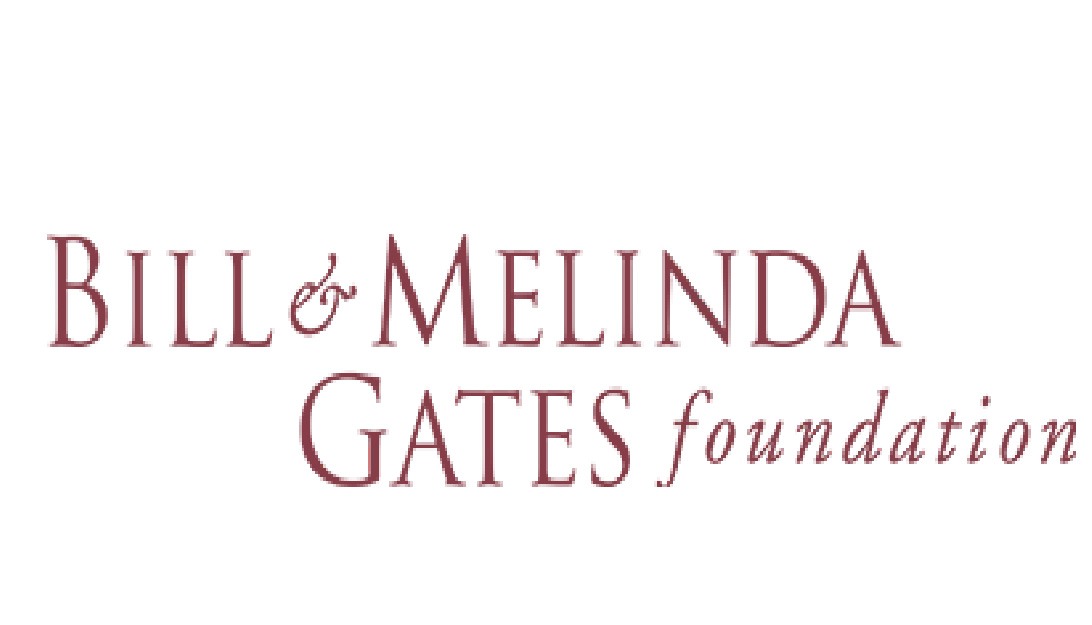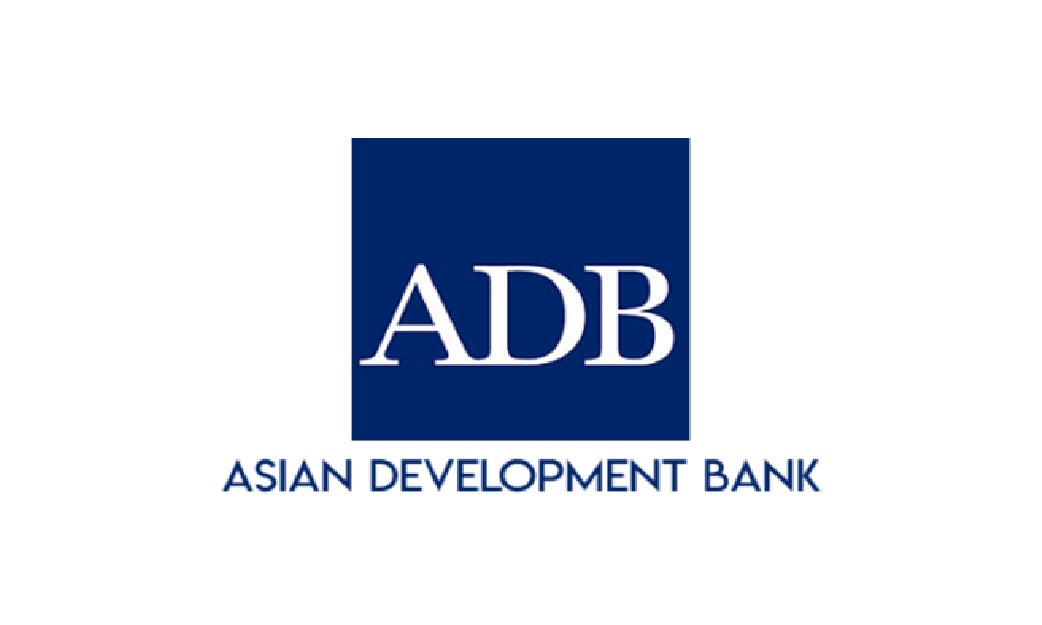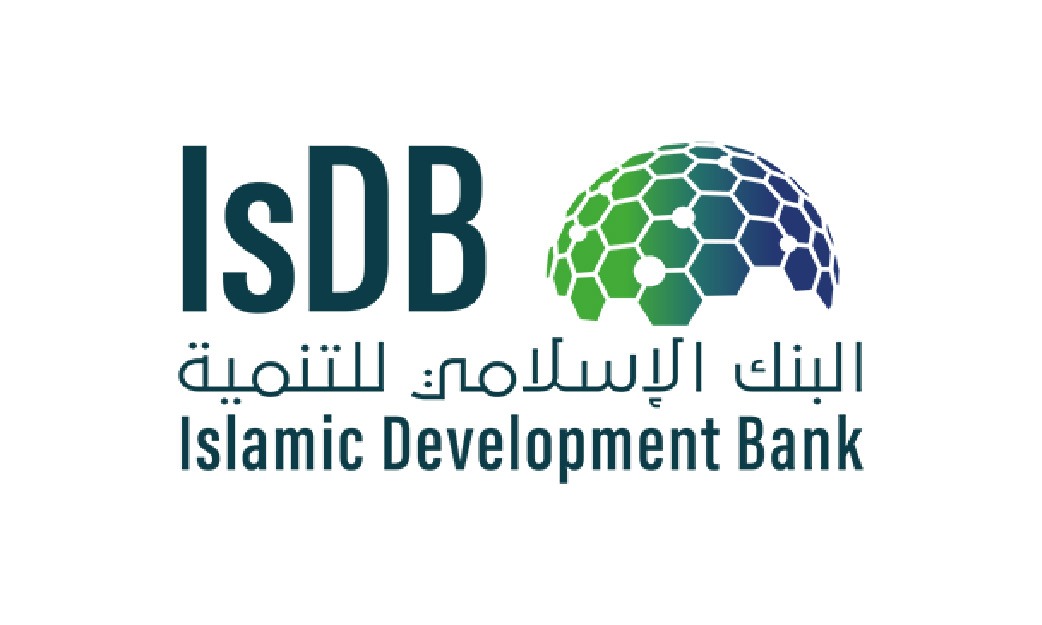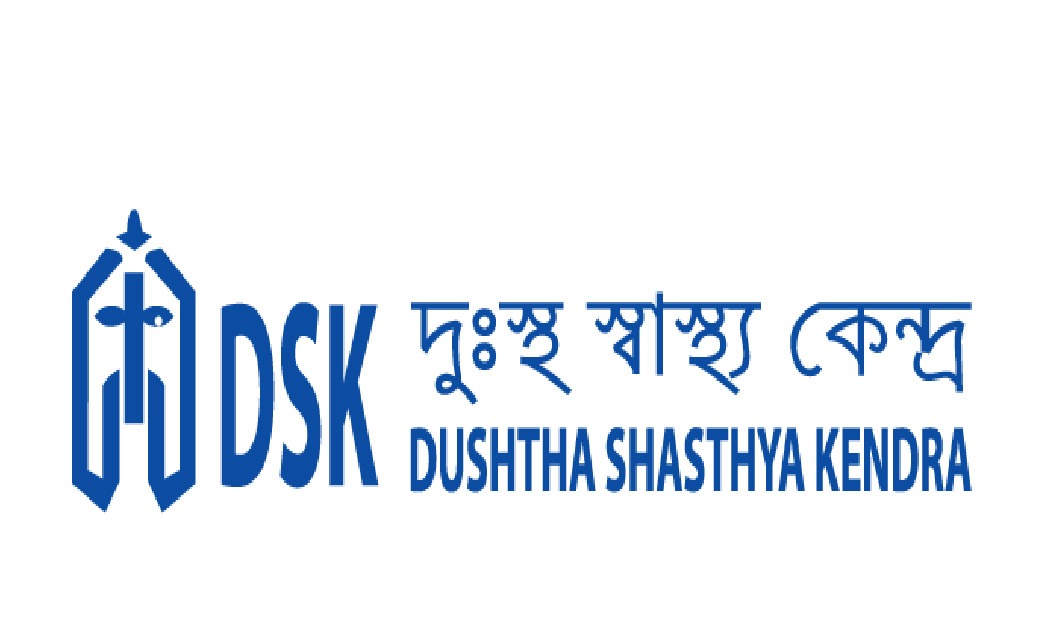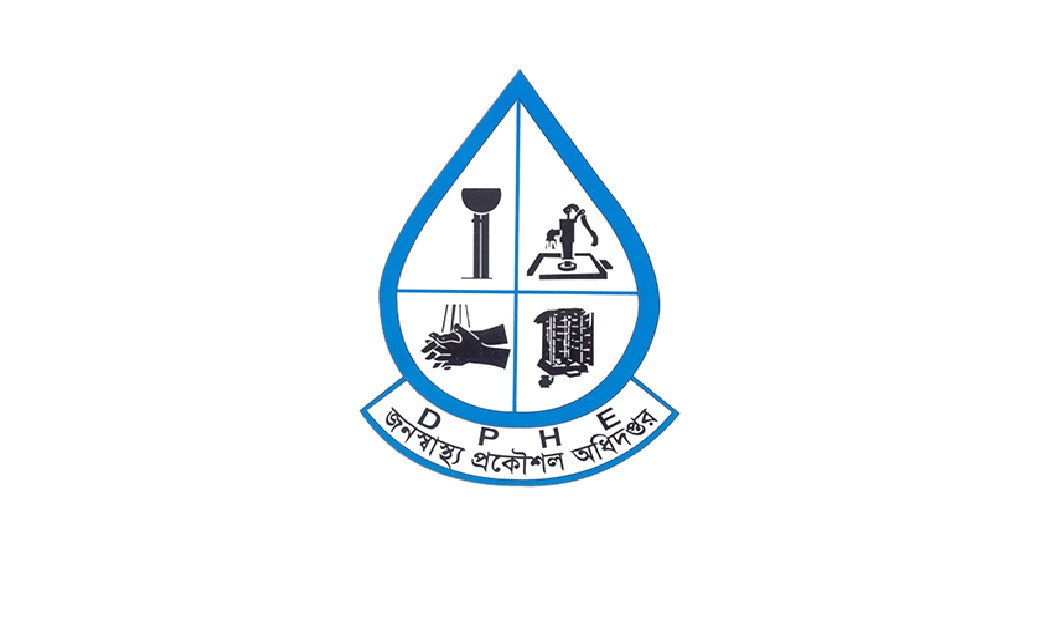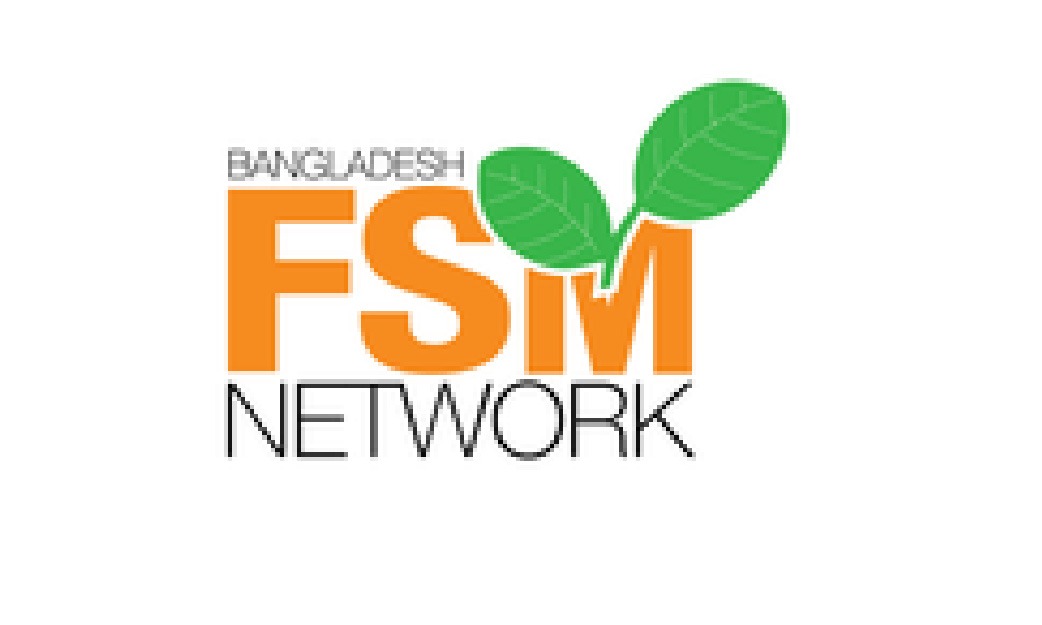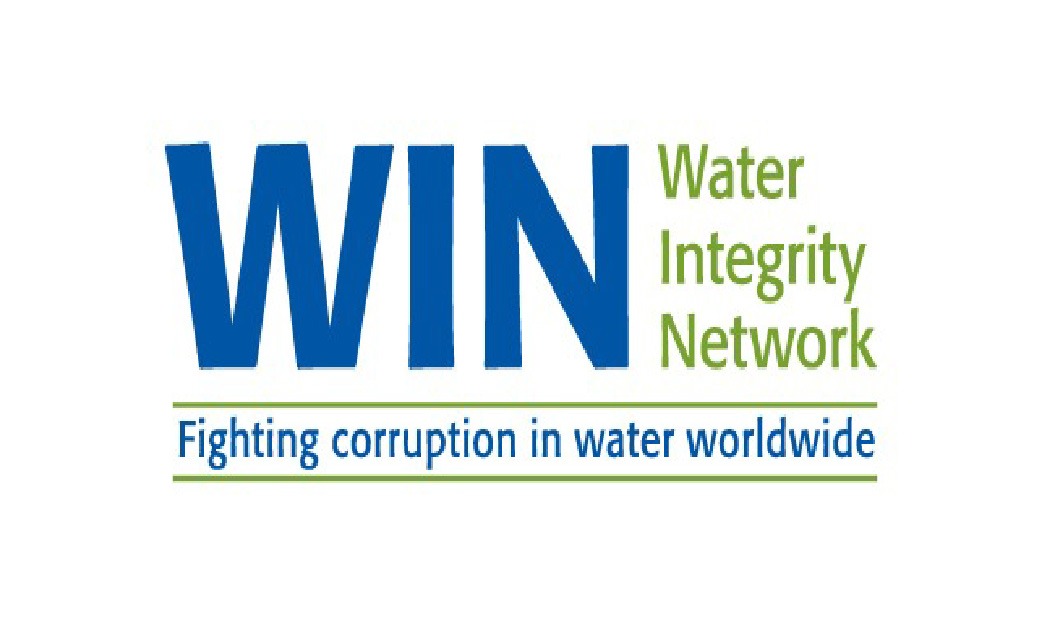About ITN
ITN-BUET Centre for Water Supply and Waste Management
ITN-BUET is a network of knowledge and skill development in water supply and sanitation (WSS). It strives for expansion of the knowledge base through networking for HRD that promotes sustainable development of the WSS sector.
Human Resources Development (HRD) to support Water Supply and Sanitation (WSS) sector activities in the country is an important element in the arena of development from a national perspective. Primarily through an approach of skill transfer from all dimensions, with social, technical, financial, institutional front, etc., the International Training Network (ITN) Centre started its journey to attain the envisaged goal of capacity building in the WSS sector. The centre was established within BUET in November 1996 with funding support from Danida, which started functioning in January 1997.
Conceptually, ITN renders its services on a multiplier effect. It takes care of curricula and syllabi; produces master trainers; develops teaching and training materials; develops R&D skills in the sector relating to socio-economic context of the country, undertakes research and brings out publication to fill up knowledge gaps. The services that ITN provides to support the development of the WSS sector are unique in the sense that no other stakeholders are rendering services of this kind and level. Direct physical and financial interventions of ITN though very small but its multiplier effect and impact are very significant. The outputs of ITN centre make other stakeholders initiatives meaningful, effective, productive and sustainable. The government and NGOs, External Support Organizations, private sector, academic institutions often request for ITN’s services.
The ITN Centre has a special niche for capacity building in the WatSan sector. While the centre limits itself to training of key personnel of sector stakeholders through appropriate specialized courses, the benefit of the training activities will, in general, accrue to workers involved in community development and hygiene/ health promotion, NGO staff and women. The centre is motivated to identify the gaps in the sector and develop training packages including courses, modules and materials according to the sector need.
Vision
The vision of ITN-BUET is to achieve a strong, capable human resource base for sustainable development of water supply and environmental sanitation. Knowledge development through applied research and professional development programmes constitutes the foundation for human capacity building. ITN-BUET has access to the regional and global resources base for effective transfer and dissemination of information.
Mission
The primary goal is to achieve an improved human resource base that promotes sustainable development of water supply and sanitation. It strives for expansion of the knowledge base through networking. It has successfully actuated the bridging role between ‘academic & research institution’ and ‘management & implementing organizations. It strives to create opportunities for the academicians and implementers to come up in a common forum, and work hand in hand for the WSS sector.
The objectives of ITN Centre are:
- Promotion of human resource development for wider application of appropriate technology for WSS
- Capacity building of sector agencies and institutions for professional development, dissemination of information, and transfer of knowledge
- Reorientation of curricula and syllabi of technical education for WSS sector
- Update the skills of staff and decision makers within the WSS sector
- Establishment of applied research and demonstration projects related to low-cost WSS for capacity development
- Participation of women in all levels of development
Capacity Building within WSS
Capacity building within the WSS sector is the main focus of ITN-BUET. Human Resources Development (HRD) to support Water Supply and Sanitation (WSS) sector activities in the country is an important element in the arena of development from a national perspective. Human resources development focuses mainly on the process of developing and strengthening individuals with the necessary competencies, skills and knowledge that will enable them to perform their duties effectively. Primarily through an approach of skill transfer from all dimensions, with social, technical, financial, institutional front, etc., the International Training Network (ITN) Centre started its journey to attain the envisaged goal of capacity building in the WSS sector.
Conceptually, ITN renders its services on a multiplier effect. It takes care of curricula and syllabi; produces master trainers; develops teaching and training materials; develops R&D skills in the sector relating to socio-economic context of the country, undertakes research and brings out publication to fill up knowledge gaps. The services that ITN provides to support the development of the WSS sector are unique in the sense that no other stakeholders are rendering services of this kind and level. Direct physical and financial interventions of ITN though very small, but its multiplier effect and impact are very significant. The outputs of ITN centre make other stakeholders initiatives meaningful, effective, productive and sustainable. The government and NGOs, External Support Organizations, private sector, academic institutions often request for ITN’s services.
The ITN Centre has a special niche for capacity building in the WatSan sector. While the centre limits itself to training of key personnel of sector stakeholders through appropriate specialized courses, the benefit of the training activities will, in general, accrue to workers involved in community development and hygiene/ health promotion, NGO staff and women. The centre is motivated to identify the gaps in the sector and develop training packages including courses, modules and materials according to the sector need.


